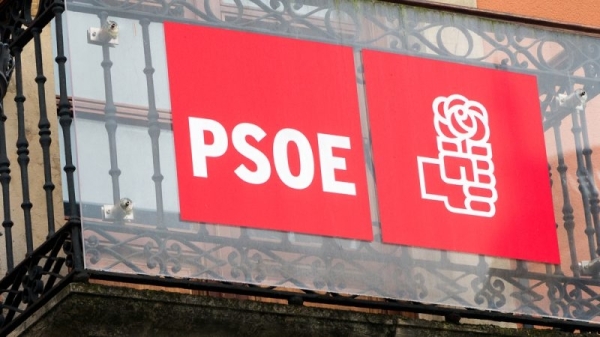Spanish socialists don’t fear losing voters to new leftist group Sumar

Spain’s ruling socialist party PSOE (S&D) is not worried about losing votes to the new left-wing platform Sumar in the general elections in December as it views the grouping as an opportunity to sway undecided voters to the left, several socialist sources confirmed.
On 2 April, Labour Minister Yolanda Díaz (Podemos/EU Left) announced her prime minister candidacy with Sumar, causing discomfort within the socialist party and, most importantly, Podemos, as she is directly competing with her current party.
While the ruling PSOE party and Sumar share many political views, they are ultimately different, members of PSOE’s federal executive, socialist sources within the government, and socialist regional leaders insist.
But competition from Sumar does not “worry” PSOE, as they are competing for the same piece of “cake”, a representative of PSOE’s Federal Executive has said.
“It is not feasible for Yolanda Díaz to take away the socialist vote. She is not a new product”, the source said.
“Sumar has a good electoral brand”, but “the best brand on the left is PSOE”, it added.
Attracting the undecided
However, according to the source, it would be key for Díaz and Unidas Podemos to reach an agreement to run together in the general election, even if this could happen at the very last moment, the source said, referring to the current rift between them.
Another PSOE’s Federal Executive member also downplayed the possibility that Díaz could snatch the socialist vote in the general election.
Díaz’s candidacy could instead help “mobilise more” progressive votes, which would be a win-win situation for everyone, the source added.
Along the same lines, PSOE’s spokesperson and Education Minister Pilar Alegría said that Sumar could prompt help to ensure the undecided vote in favour of the left camp, which could benefit the Spanish left-wing family as a whole.
Spain will hold regional and municipal elections on 28 May, with a general election due in December, in the final month of Madrid’s presidency of the EU Council.
(Sol Carreras | EuroEFE.EURACTIV.es)



